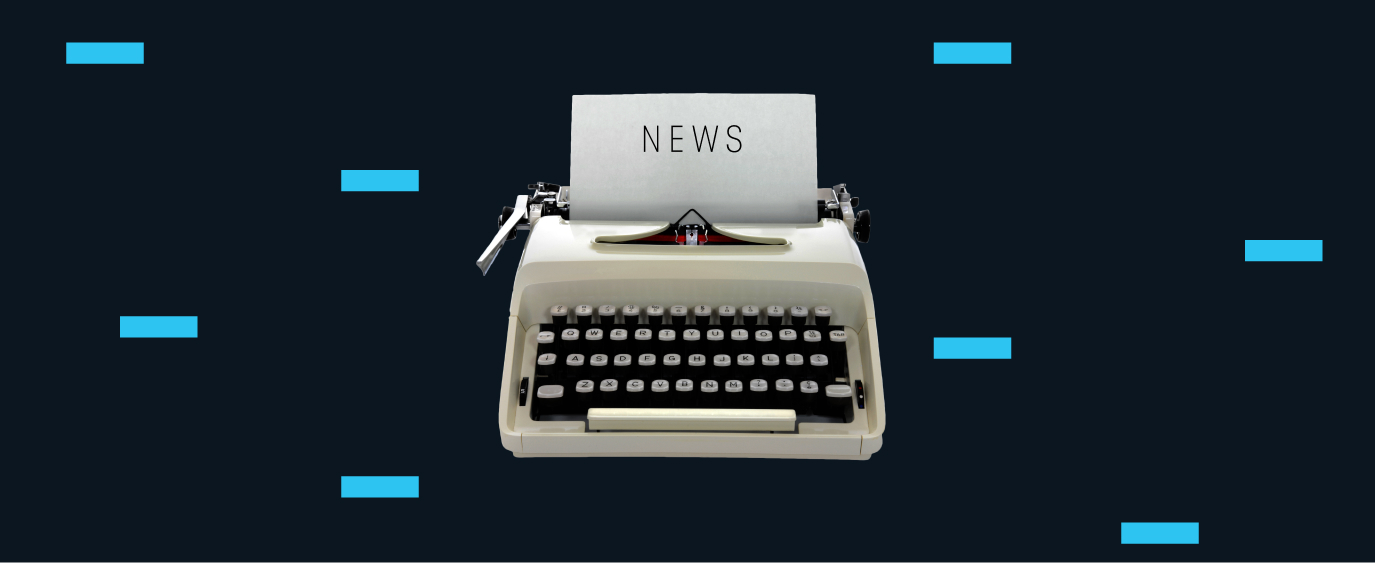Jan 17, 2022
The Weekly Scan January 17, 2022
Find out what’s happening in the world of business this week

Welcome to the Weekly Scan. Here’s what we’re following for the week of January 17, 2022.
Overruled. The Supreme Court overturned a Biden administration mandate for Covid-19 testing and vaccines for workers at large businesses. The court decided last week that the rule represented an overreach by the Occupational Safety and Health Administration (OSHA), the federal agency that administers the requirement and oversees the safety of workplaces nationwide. However, it allowed another administration requirement that healthcare employees working in facilities covered by Medicare and Medicaid, the federal healthcare programs, be vaccinated. That mandate falls under the U.S. Department of Health and Human Services, which the court said has a role in fighting the epidemic by ensuring the health and safety of patients.
- The takeaway: Approximately 80 million people work for companies with 100 or more employees and fall under the mandate blocked by the Supreme Court. More than 10 million healthcare workers are subject to the vaccination requirement that the high court let stand. Covid testing and vaccines have been the source of resistance nationwide since the beginning of the pandemic. For the week of January 12, there were a reported 782,000 new Covid cases in the U.S., an increase of 33% compared to the previous week. The highly contagious Omicron variant is reportedly fueling the increases, according to the Centers for Disease Control.
CNN and SCOTUSblog
Fee-lin’ good. Bank of America announced that next month it will end its $35 non-sufficient funds (NSF) fee, and it will reduce its overdraft fee to $10 from $35 in May. Wells Fargo followed suit, also announcing that it will stop charging its non-sufficient funds fee, and transfer fees for overdraft-protected accounts, by the end of the first quarter, 2022. The bank will also enact a 24-hour grace period for customers who overdraft their accounts. Other institutions, including PNC Bank, Capital One, Ally Bank, and JP Morgan Chase have said they will reduce or eliminate various fees, in an attempt to compete with financial technology companies that offer low- or no-fee banking opportunities.
- The takeaway: Maintenance, low-funds, and overdraft fees are reportedly often called the “penalty for being poor,” and fintech companies have presented themselves as an alternative to big banks. Financial institutions are battling to retain customers, especially as checking balances have risen during the pandemic. The average checking account balance at the end of 2021 was $8,244, compared to $3,698 in 2019, and $3,754 in 2018. Good to know: A non-sufficient funds fee is charged when a customer lacks the funds in his or her account for a particular transaction, and that transaction is denied. An overdraft fee is also charged when a customer lacks the money to cover a transaction, but the bank covers the charge.
Covering Covid. Starting January 15, 2022, U.S. health insurers are required to cover eight over-the-counter testing kids for Covid-19 per month, according to a deal between the Biden Administration and insurance providers. Additionally, there will be no limit to the number of Covid-19 tests that an insurer must provide if ordered by a healthcare provider. Last month, President Biden also said that his administration hopes to distribute 500 million at-home tests and set up federal testing sites.
- The takeaway: The testing agreement comes as the latest variant of Covid-19 spreads, and demand for at-home tests increases. Average daily Covid-19 infections reached about 405,000 in the first week of January, approximately 60% higher than the previous U.S. peak in January 2021, according to reports. Meanwhile, a national shortage of Covid-19 tests has sent the price of at-home tests through the roof. In some cases, the price of a single at-home test sold online has tripled, with the popular BinaxNOW test reportedly selling for $75 from some secondary retailers.
Student aid. Navient, one of the largest student loan servicers in the U.S., will cancel the debt of 66,000 borrowers, totaling $1.7 billion. The action follows a $1.85 billion settlement with 39 states over Navient’s alleged predatory private educational loans. Navient, formerly part of Sallie Mae, will also have to pay $95 million in restitution, including $260 payments to 350,000 people who were placed in particular forbearance programs. Pending judicial approval, the servicer will also pay the states participating in the lawsuit $145 million. Navient reportedly engaged in deceptive and abusive practices and targeted students who would struggle to repay their loans. For the most part, those whose debt will be canceled attended for-profit institutions such ITT Institute and Corinthian Colleges.
- The takeaway: Student debt forgiveness and predatory student lending practices have increasingly come under fire. Federal student loan payments have been paused since March 2020 due to the pandemic, and the Biden administration is reportedly exploring options for widespread student loan forgiveness. In 2021, the administration also ushered in several student forgiveness updates, including $500 million in student loan forgiveness for former students of ITT Technical Institute, a private chain of colleges that was shut down in 2016 for misrepresentation.
Phenomenal Woman. Poet, writer, and civil-rights activist Maya Angelou is the first Black woman to be featured on a U.S. quarter. The U.S. Mint began shipping out quarters, with an engraved portrait, in early January. They show Angelou on the back of the coin with her arms uplifted, and with a rising sun and flying bird behind her. The images are a reflection of Angelou’s poetry, according to the Mint. Angelou, who died in 2014, wrote about subjects like sexism, racial identity, and rape in her famous writings such as “I Know Why the Caged Bird Sings.”
- The takeaway: The quarter is part of a larger initiative called the American Women Quarters Program. The program will ship out five quarters featuring various honorees between 2022 and 2025. The Mint will also issue quarters with the first woman astronaut Dr. Sally Ride, the first woman to be principal chief of the Cherokee Nation Wilma Mankiller, the first Chinese American woman to be a movie star Anna May Wong, and a New Mexico suffrage movement leader Nina Otero-Warren. Additionally, last year, the Biden Administration said that it would renew efforts to get Harriet Tubman, a slave-turned-aboiltionist, on the $20 bill.
Here’s what we covered last week in the Scan:
- A record 4.5 million people quit their jobs in November 2021.
- Toyota ousted General Motors (GM) as the highest-selling car manufacturer in the U.S.
- A national shortage of Covid-19 tests has sent the price of at-home tests through the roof.
- Taco Bell will launch a taco-per-day subscription service called the Taco Lover’s Pass.











